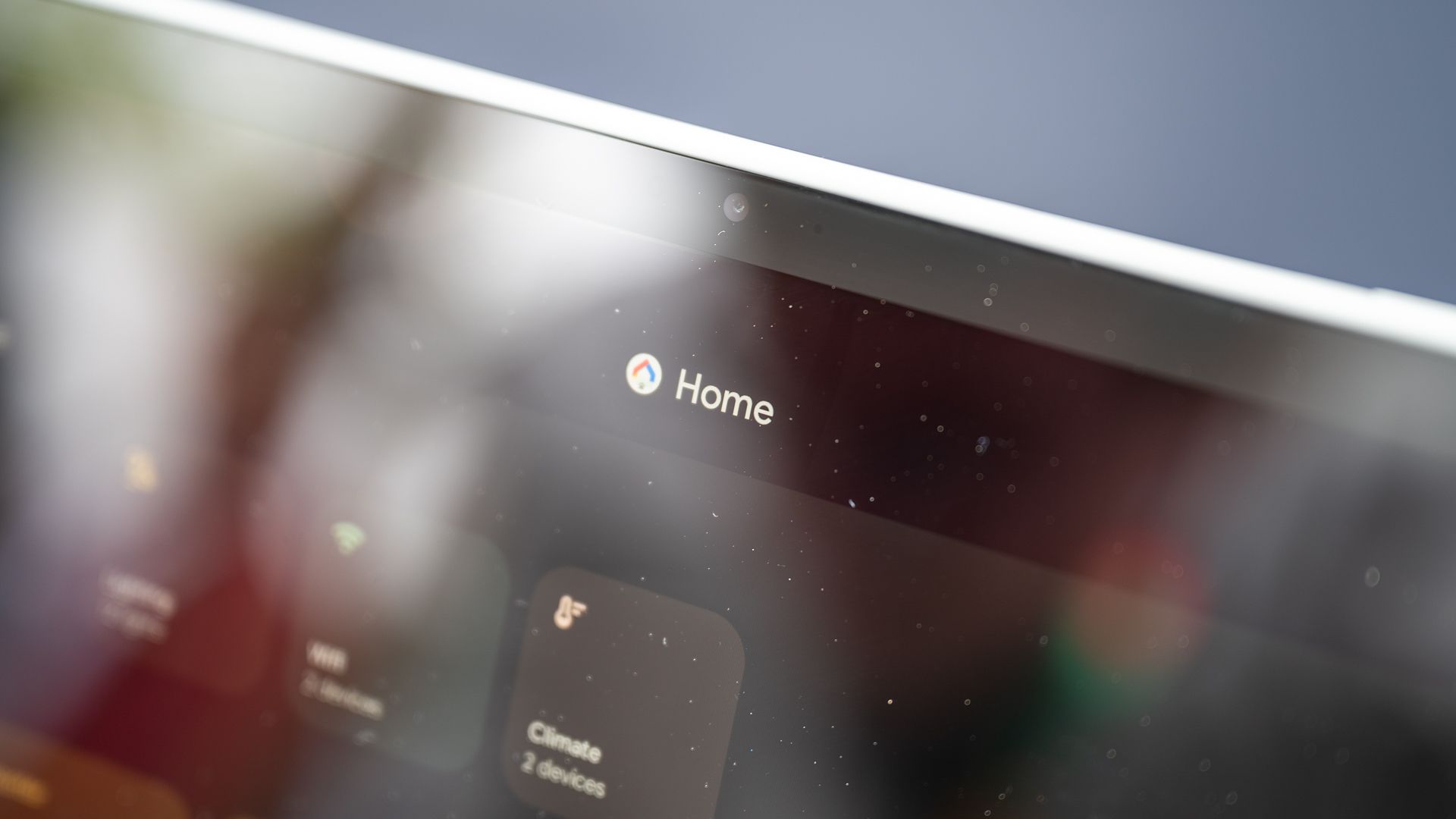Taking “end-of-life” to a whole new level.
The very first Google Home smart speaker was released back in 2016, while the Google Home Mini arrived one year later in 2017. Those original models were discontinued a long time ago, but since it’s mostly powered by cloud services, they’re still working about as well as the latest Nest smart speakers. A few older devices are being broken by software updates, but not intentionally.
Google said that it’s investigating reports of Google Home and Google Home Mini first-gen devices getting mysteriously bricked out of the blue. The devices are not getting any updates anymore, although Google is still releasing some critical security updates if something admire a zero-day ever pops up. Google is not one to shut down its old devices to get users to upgrade (even the Stadia controller had another lease at life), and thankfully, the company appears to be taking the problem seriously.
Google is also advising owners to keep an eye on a forum thread to know more about the company’s eventual findings, and in the meantime, it’s asking affected users to turn on “Send device usage data and crash reports to Google” and answer a series of questions to know more about the issue:
- Are lights solid or strobing?
- Are lights stuck on before a reboot is completed? Or do they turn on after boot and stay on?
- Can you cast music to the speaker from a mobile app?
- Videos or photos of the behavior are also appreciated!
It’s not clear what corrective steps Google might take. If the issue is unfixable, and the affected devices are permanently damaged, the company might instead give affected users a discount towards a newer Google Nest smart home hub of the same category. We’ll have to expect and see. If you have a Google Home or Google Home Mini and it’s been mysteriously bricked, make sure to voice your concerns on Google’s thread.
If you’re one of the affected people and you have to get a replacement, any of the best smart speakers will be an upgrade from Google’s early Home devices. Hopefully, Google actually fixes the problem, so you don’t have to spend any money on that.
Source: Android Authority


